2023-09-25发布于安徽
Science Highlights
CISH
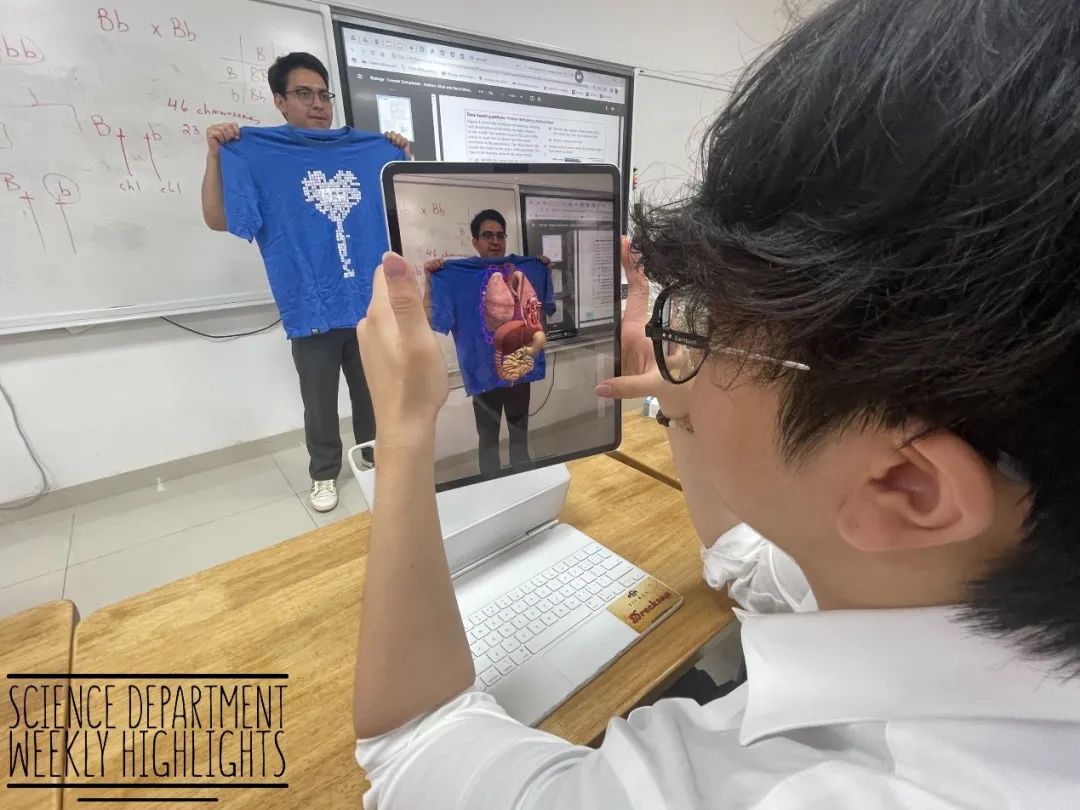
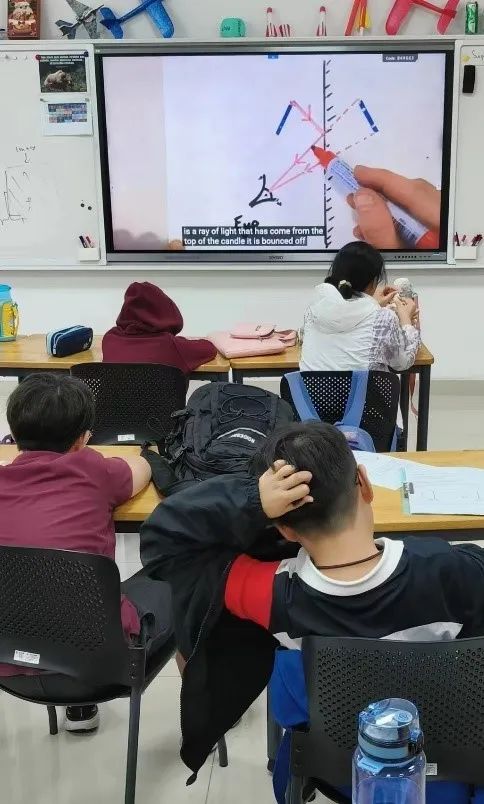
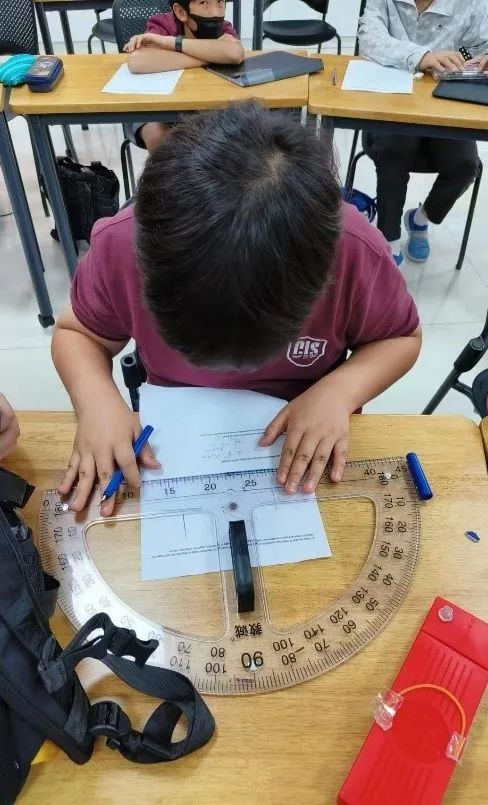
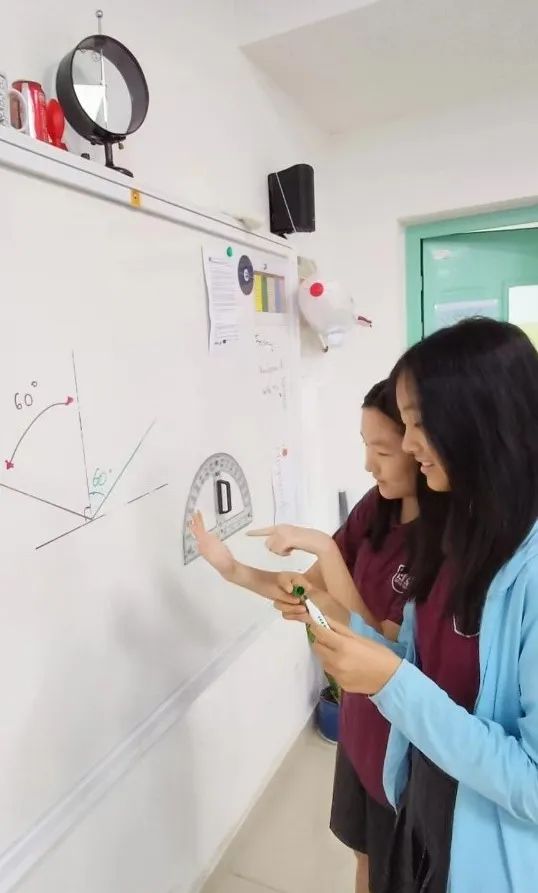
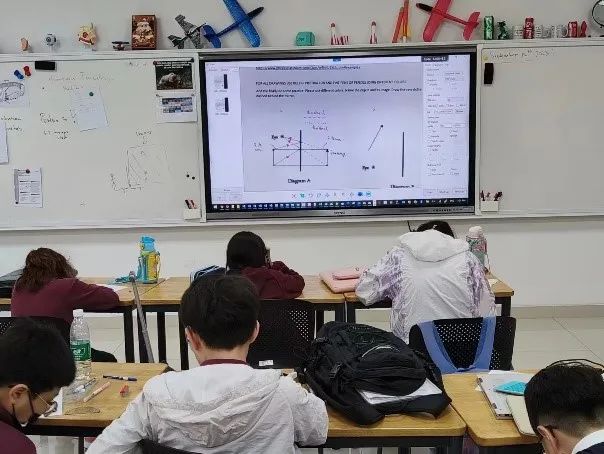
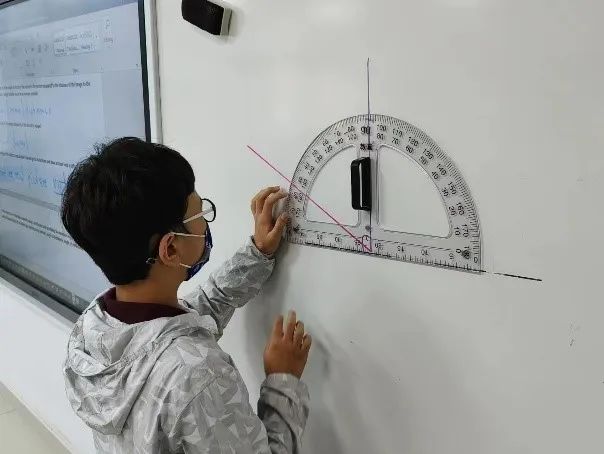
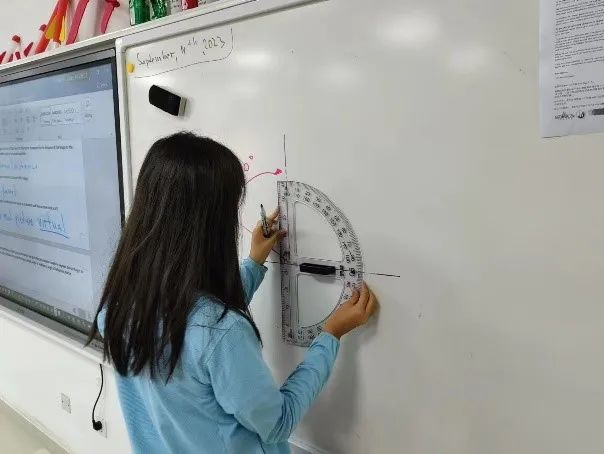
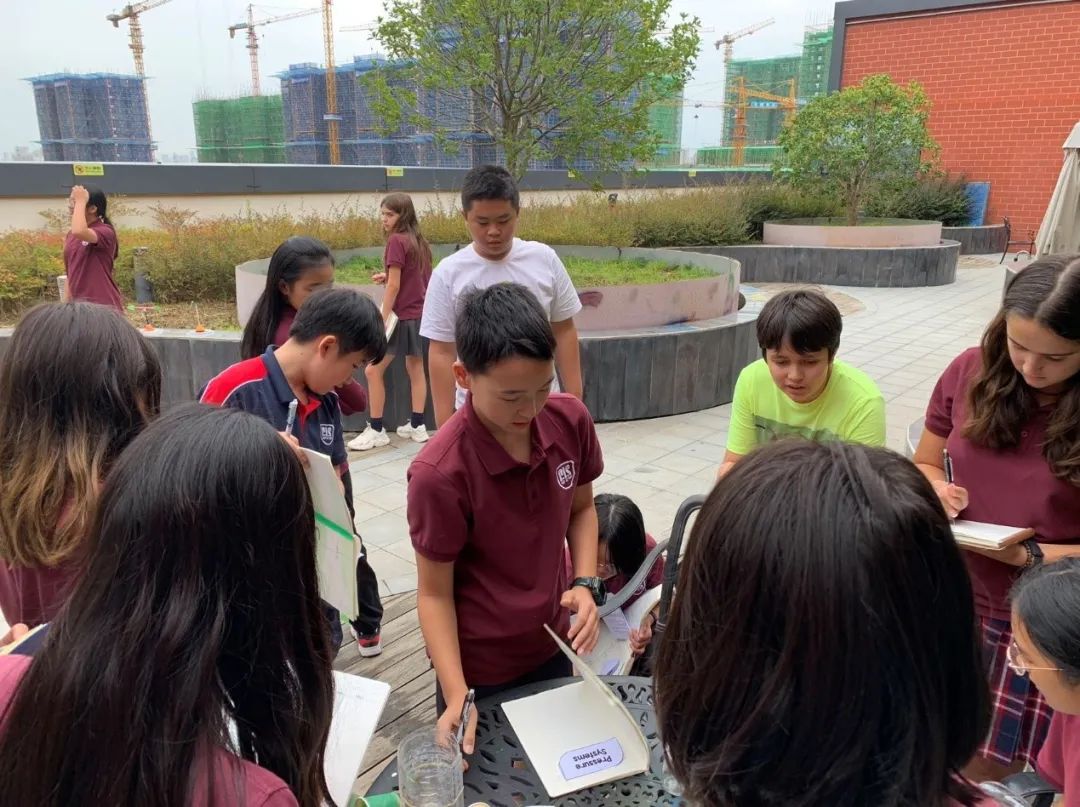

Slide pictures to see more
Grade 6 - Dr. Holger Meinberg
Grade 6 students were studying the different parts of the electromagnetic spectrum (EMS). After watching a video on the topic, they conducted their own research to find three applications for each part of the EMS, which will be used in their upcoming group task of creating a poster and presenting an application individually.
Grade 7 - Ms. Heather Exum
In Ms. Exum's 7th-grade science class, her students are eagerly immersing themselves in the fascinating world of weather phenomena. They have embarked on a hands-on journey to understand meteorology by constructing their own homemade weather instruments. With meticulous care, they are collecting quantitative weather data, measuring temperature, humidity, wind speed, and precipitation using their creations.
MYP Science
Class Photos
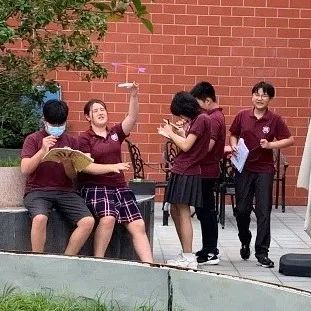
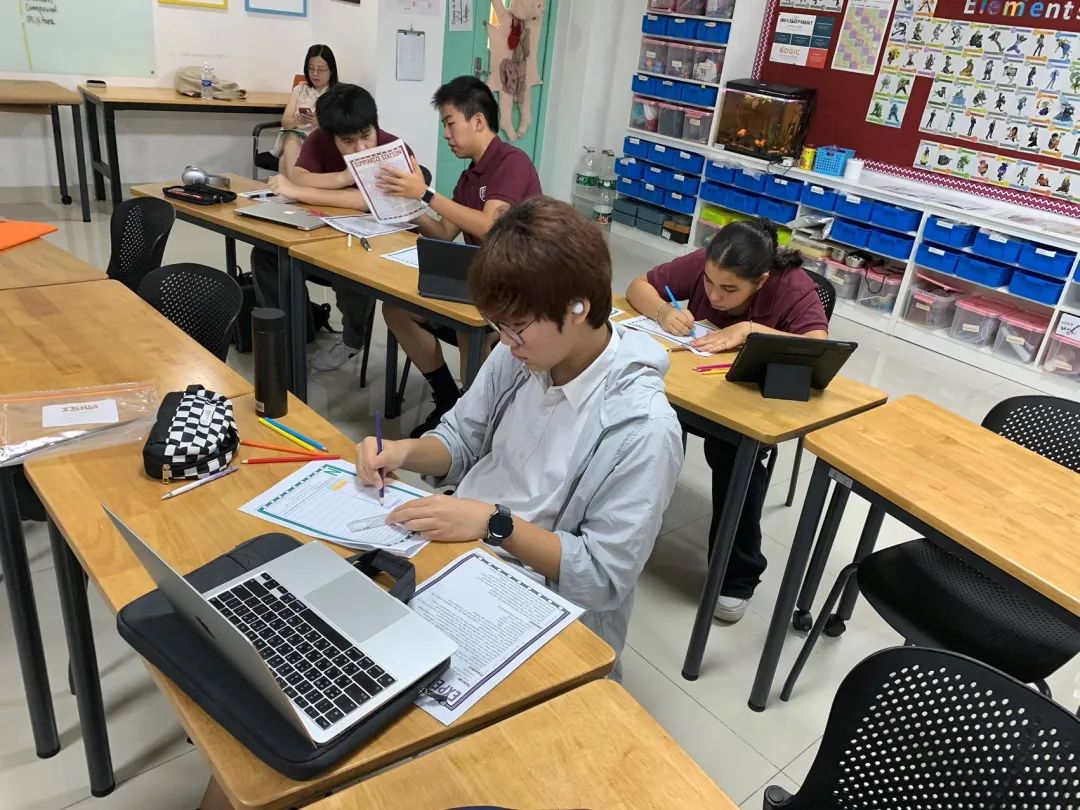
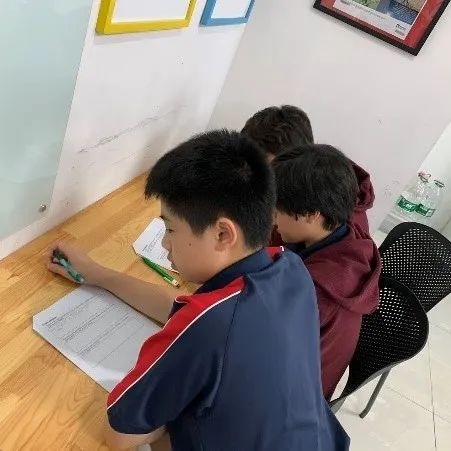
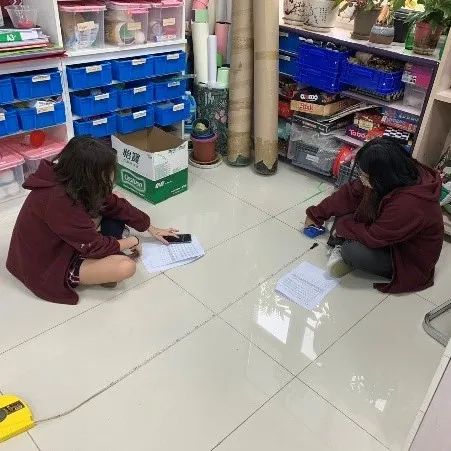
Grade 8-1 Dr. Holger Meinberg
This week, Grade 8 students began with self-study due to my absence, focusing on important vocabulary related to graph analysis as part of their laboratory boot camp. This knowledge was then applied by the students to interpret a graph depicting the fluctuating population of tadpoles in a pond, including periods of soaring, dropping, significant fluctuation, and stabilization.
Grade 8-2 Ms. Heather Exum
In Ms. Exum's 8th-grade science class, her students are actively engaged in a dynamic learning experience centered around the concept of speed. Through a series of meticulously designed science centers and investigations, students are not only gaining a deep understanding of the physics behind speed but also honing their essential skills in data collection, aligning with the Approaches to Learning (ATL) framework.
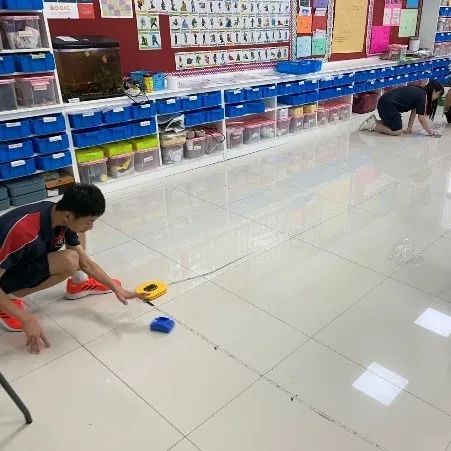


Grade 9 - Ms. Heather Exum
In Ms. Exum's 9th-grade science class, her students are embarking on an illuminating exploration of the intricate interactions within Earth's atmosphere. With a keen eye for interdisciplinary connections, they are diligently recording their notes and graphic organizers in their interactive notebooks.
Grade 10 - Mr. Nick Smith
The topic of Electricity continues for Grade 10 Science. Early in the week, students revised their assessment on Static Charges and Forces. I was overall pleased with the results. Some students struggled to explain the concepts. It has been good to identify them early so that extra efforts can be made to help them improve their grades.
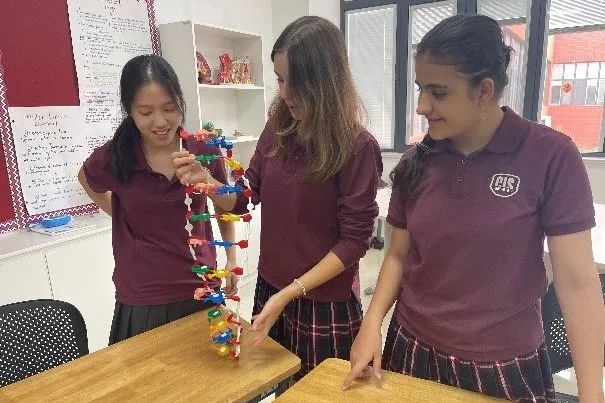
Biology Class - Grade 11 - Ms. Marina Baltikian
In Ms. Marina's class this week, DP1 students engaged in a variety of activities that deepened their understanding of the subject matter. The week began with a focus on topic A1.1: Water, where students were challenged with data-based questions that required them to apply critical thinking and their existing subject knowledge. This task encouraged students to analyze real-world scenarios related to water and develop solutions based on their understanding of the topic.
Biology Class - Grade 12 - Ms. Marina Baltikian
In Ms. Marina's class this week DP2 students embarked on a journey through the world of human nutrition as they delved into Topic D.1. They were tasked with solving data-based questions that tested their comprehension of various aspects of human nutrition. This exercise not only honed their subject knowledge but also encouraged the application of critical thinking skills.
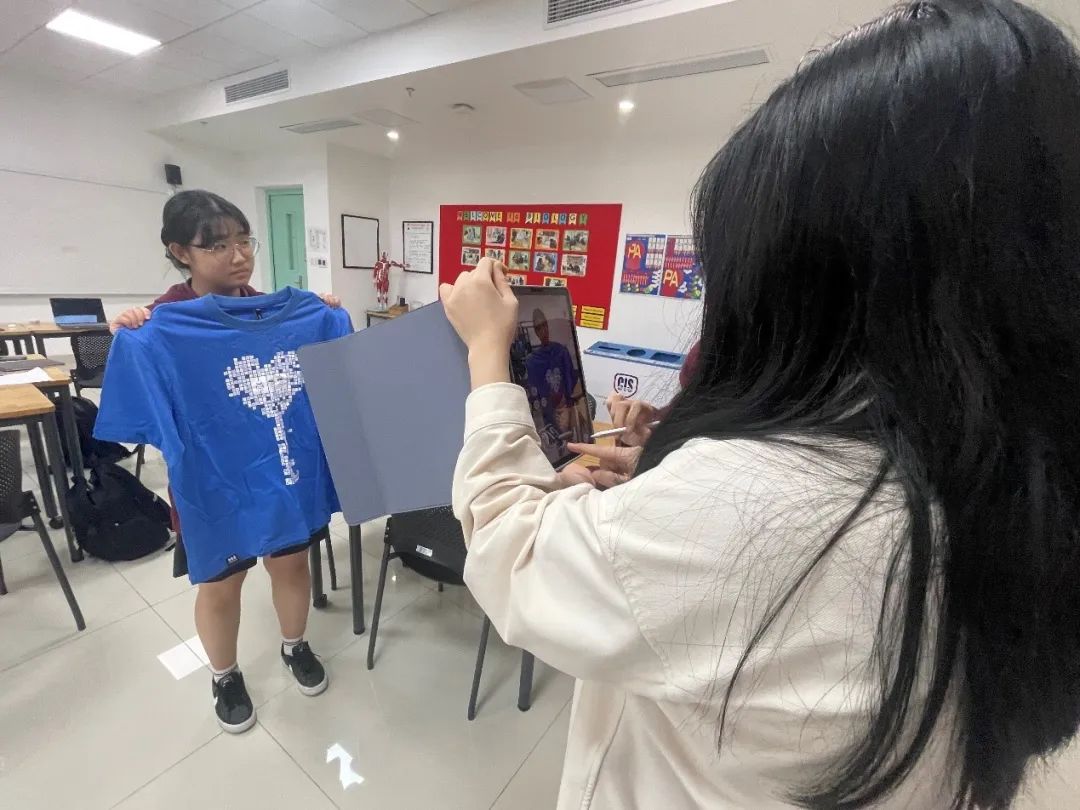
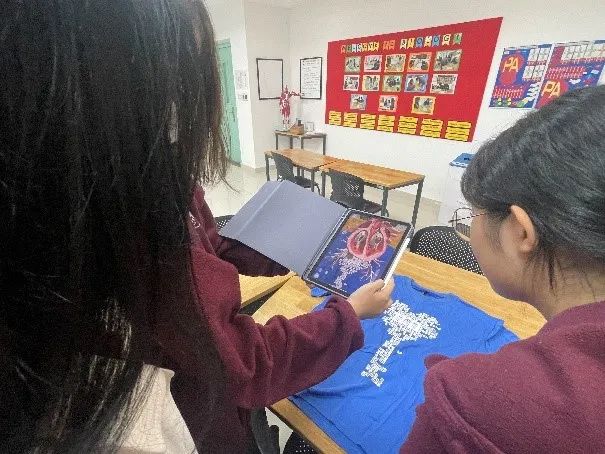
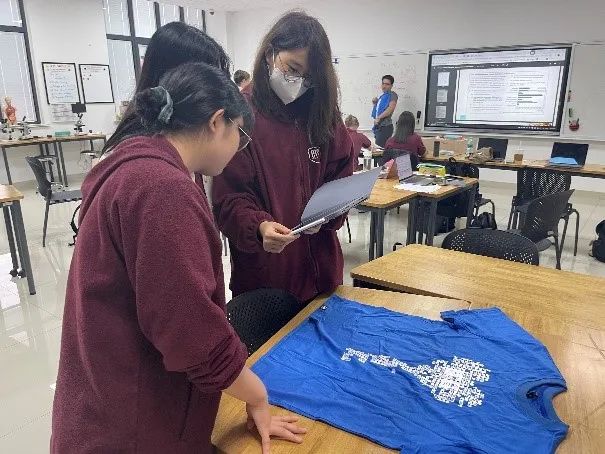

DP Science
Class Photos
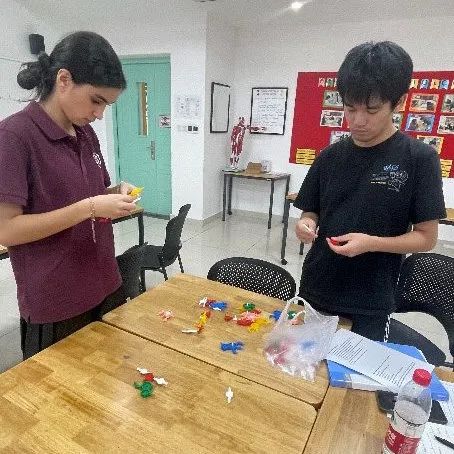
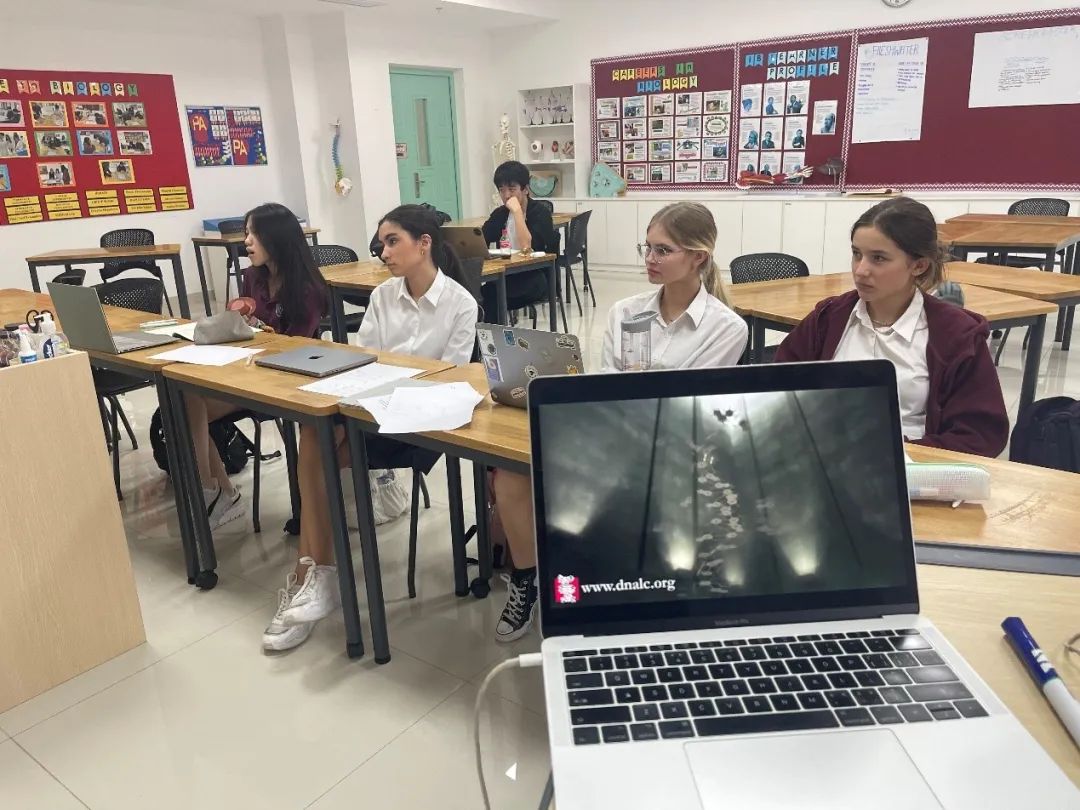
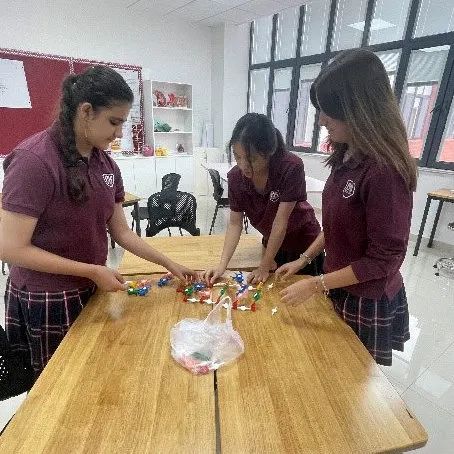
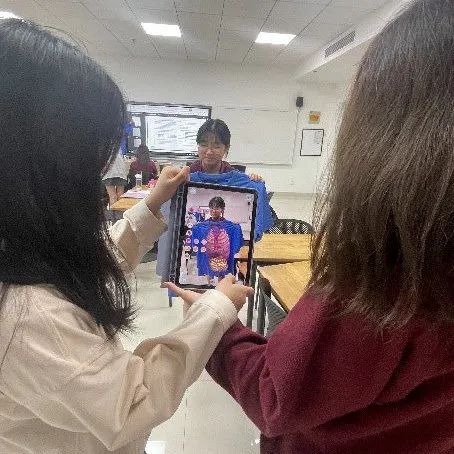
Chemistry Class - Grade 11 - Mr. Nick Smith
In Grade 11 Chemistry three new topics have been introduced. All of these topics are reviews and refreshment of earlier learning. In the first topic students reviewed the differences between elements, compounds and mixtures including how to sepaprate mixtures. The second topic looked at the kinetic molecular model of matter.
Chemistry Class - Grade 12 - Mr. Nick Smith
The chemistry IA continued to be the most important part of learning this week. Similarly to last week the main focus was continuing practical work for the student's IA. For the whole of September each week two periods are devoted to Laboratory work. I mentioned this last week. Time management is key to the IA and the students are beginning to understand the need for good time management.
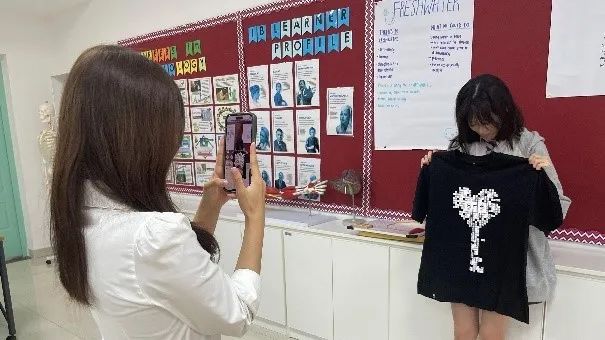
ESS Class - Grade 11 - Mr. Samuel Ward
DP 1 students learned about different types of systems - isolated, open, and closed - and how they behave under various conditions. They worked in groups to research and present real-world examples of their assigned system type, using presentation software. The activity helped students develop their understanding of systems thinking and its applications.
ESS Class - Grade 12 - Mr. Samuel Ward
DP 2 students explored farming systems and sustainability. They worked in pairs to research and present a specific farming system, using posters or presentation software. They defined farming systems and the factors that affect their choice and performance, such as climate, soil, market, culture, and technology.
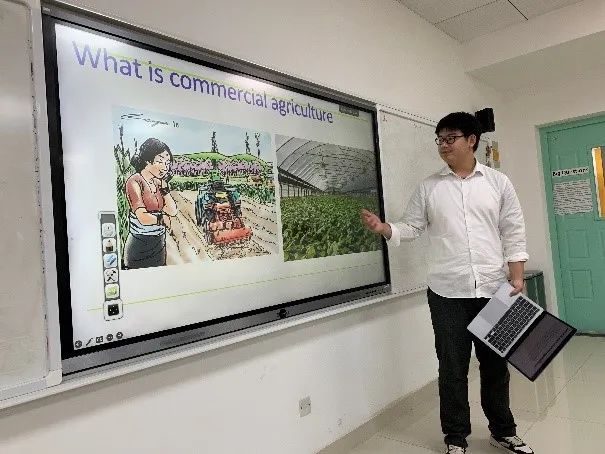
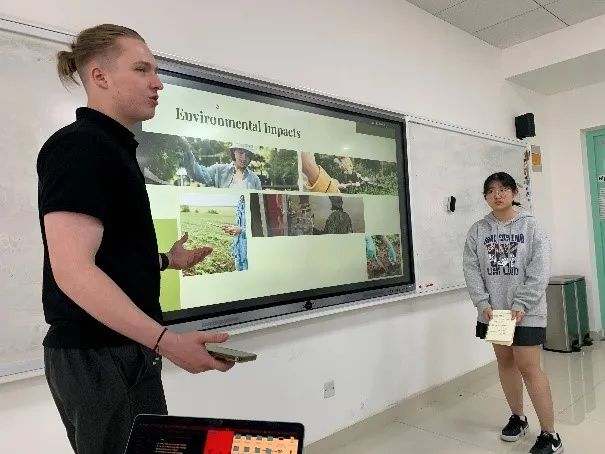
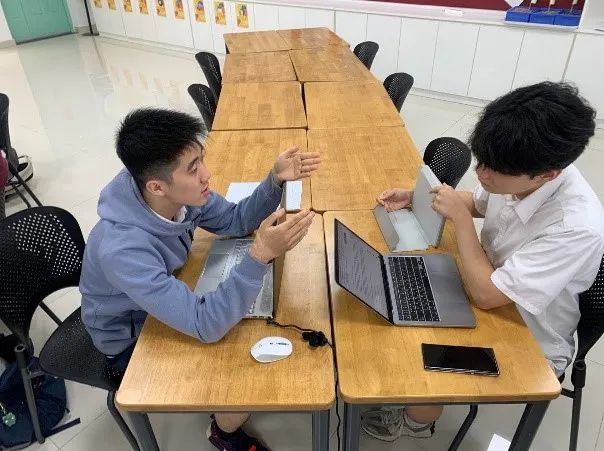
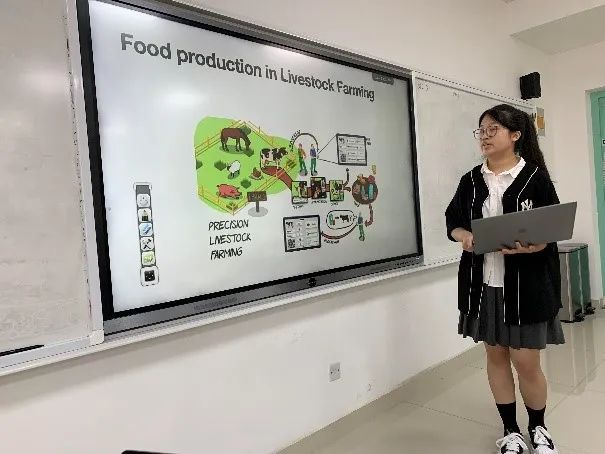
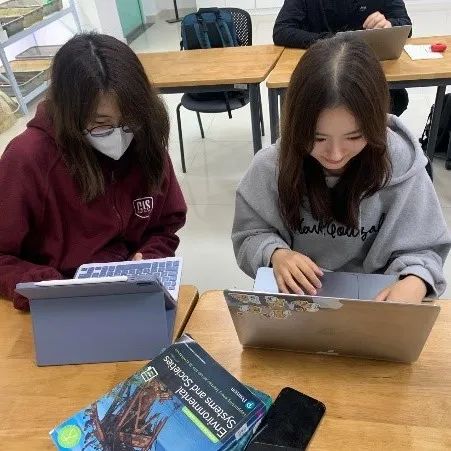
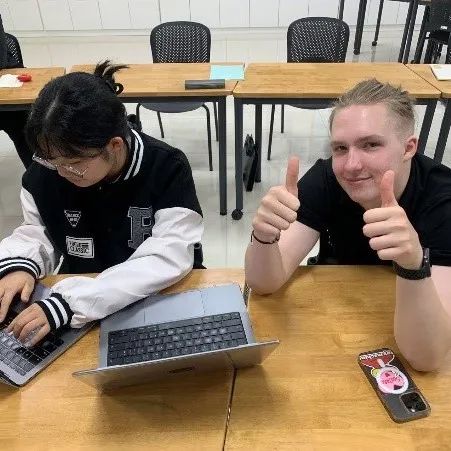
Physics Class - Grade 11 - Mr. Geofrey Kivisha
IB DP 1 students learned projectile motion, relative velocity, and terminal velocity, Grade 11 students actively engaged in a multifaceted learning experience that fostered critical thinking and self-management skills. In the first two periods, students delved into the intricacies of projectile motion, breaking it down into its components and conducting a practical lab experiment.
Physics Class - Grade 12 - Mr. Geofrey Kivisha
Grade 12 IB DP students were introduced to the topic of thermodynamics, experiencing a student-centered learning approach with the teacher providing scaffolding to guide their understanding. The week commenced with students establishing a robust foundation in energy, heat, and temperature, with the teacher offering structured support to ensure comprehension.
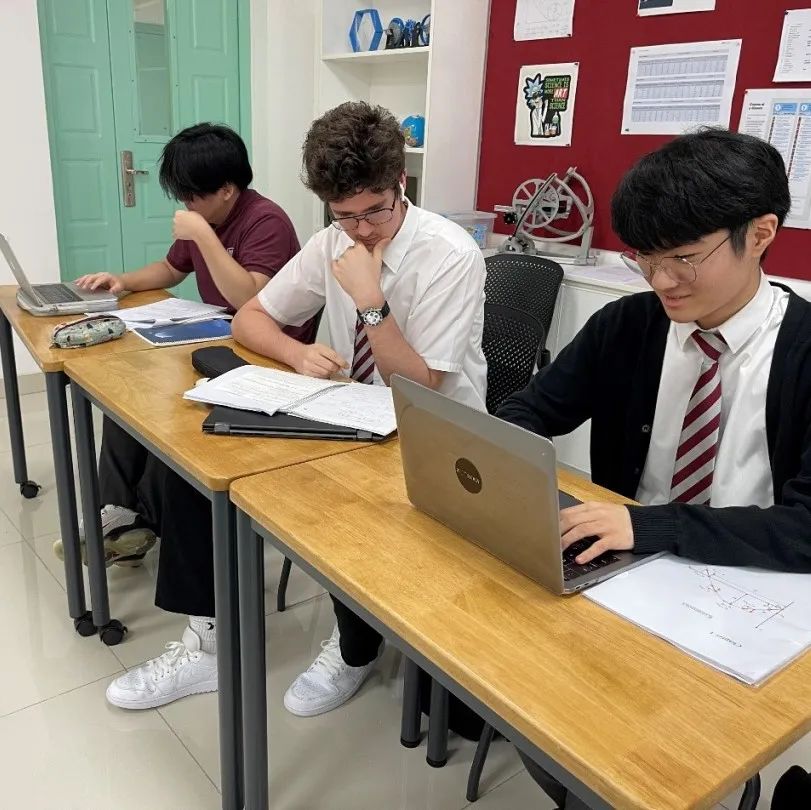
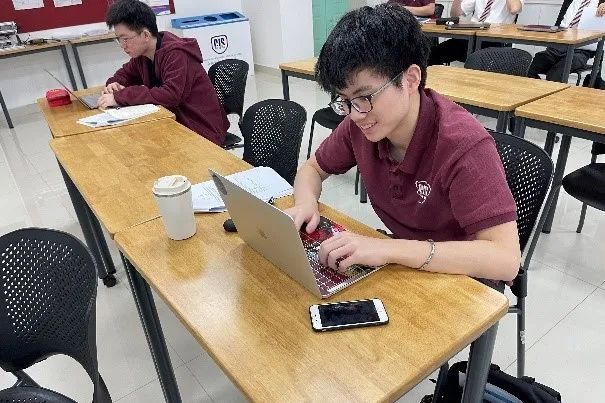
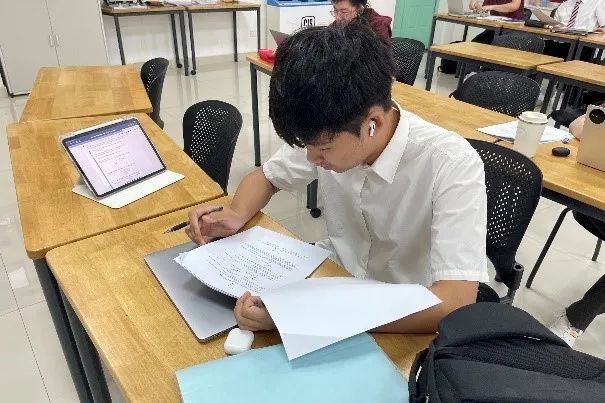
SEHS Class - Grade 12- Mr. Donavan Van Vuuren
Throughout this week, our DP2 cohort showcased unwavering dedication in their pursuit of improving their IA projects. They diligently focused on refining their research methodologies and strengthening their experimental plans. Moreover, it is crucial to emphasize the pivotal role of self-management skills during the IA process. Our DP2 students have not only exhibited academic prowess but also demonstrated their ability to manage their time and resources effectively.
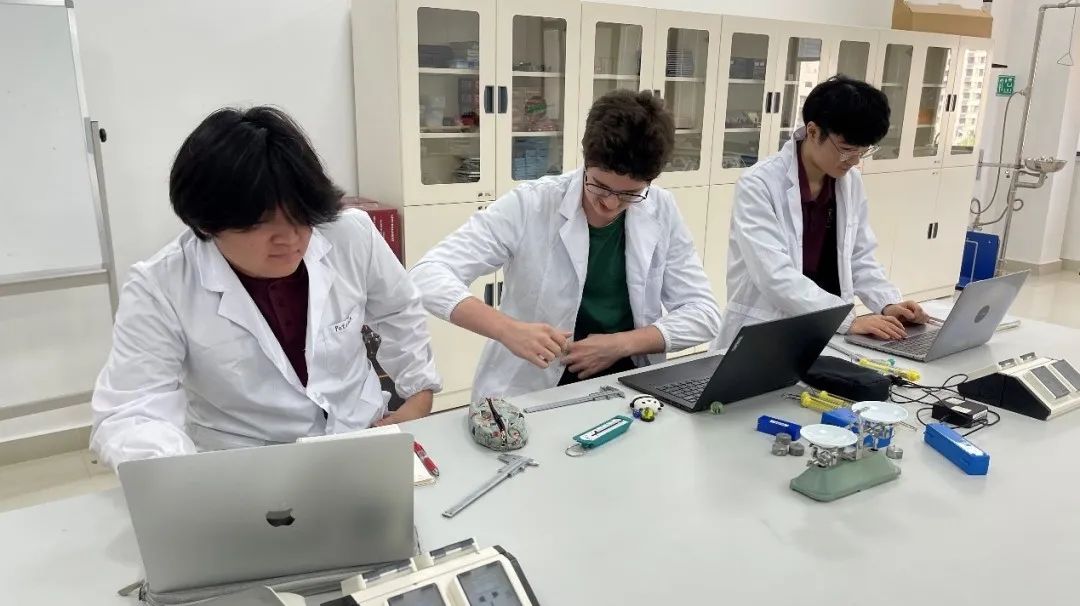
What CISH Maple Dragons had to say!
Bryan Bai (9-2)
This week we learned about climate and weather and how climate is more predictable and weather isn’t. We also learned about the different spheres of the earth.
Average Speed - By Eli Van Vuuren
This week in science we did a science centre about speed, distance and time. We learned about how to calculate the average speed of an object and also things like all of Newton's laws. The main task we did this week was an Average speed investigation. We found out the average speed of a toy car.
Elena (Grade 7-1)
In science, we made weather instruments like a barometer and rain gauges... We made a table where we will enter the wind speed and air pressure ... After that when every team finished their instrument we went to the balcony and tested them.
Mathematics Highlights
CISH
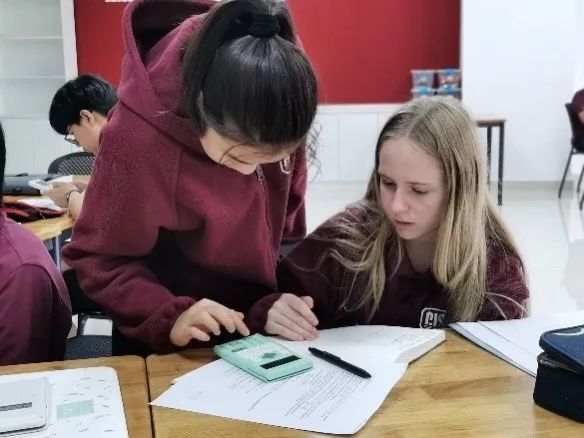
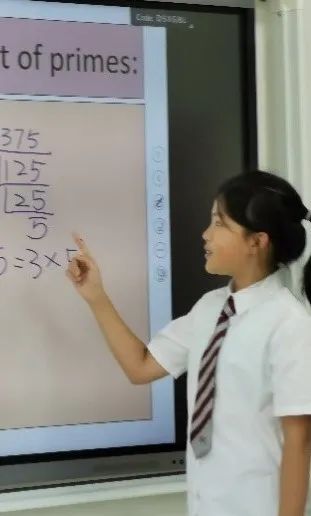
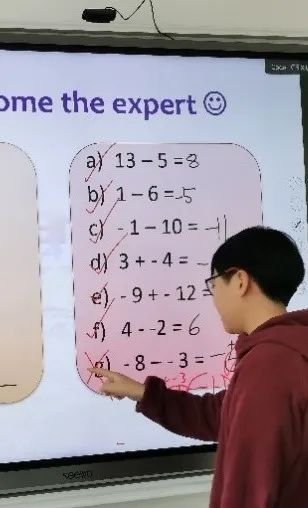
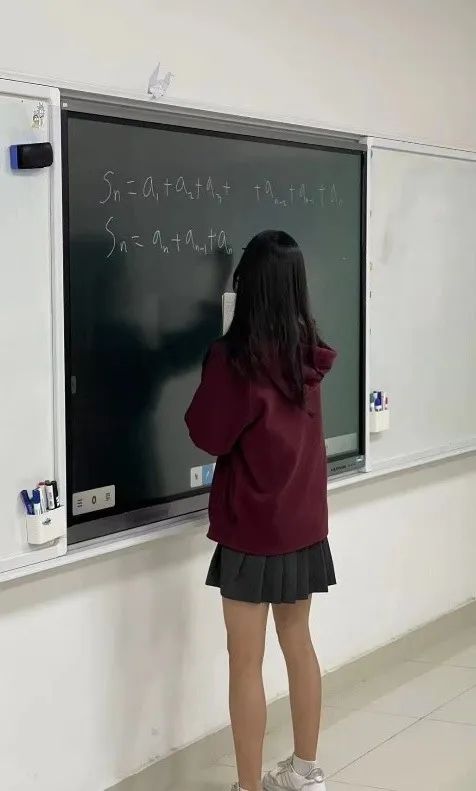

Slide pictures to see more
Grade 6
Grade 6 students have been enthusiastically exploring prime and composite numbers, highest common factor (HCF), and lowest common multiple (LCM). They've shown growth in their grasp of these fundamental concepts and have actively engaged in problem-solving discussions. Notably, they've been sharing their thought processes, enhancing their reflective and communication skills, essential for mathematical development.
Grade 7
This week, in Grade 7, we introduced ratios. I decided to motivate enthusiasm for the topic by first solving the Fibonacci sequence and drawing Fibonacci spirals. After that, we examined what makes the Fibonacci sequence special: namely, The Golden Ratio. We did a short individual research project on The Golden Ratio and students discovered that The Golden Ratio appears in nature everywhere.
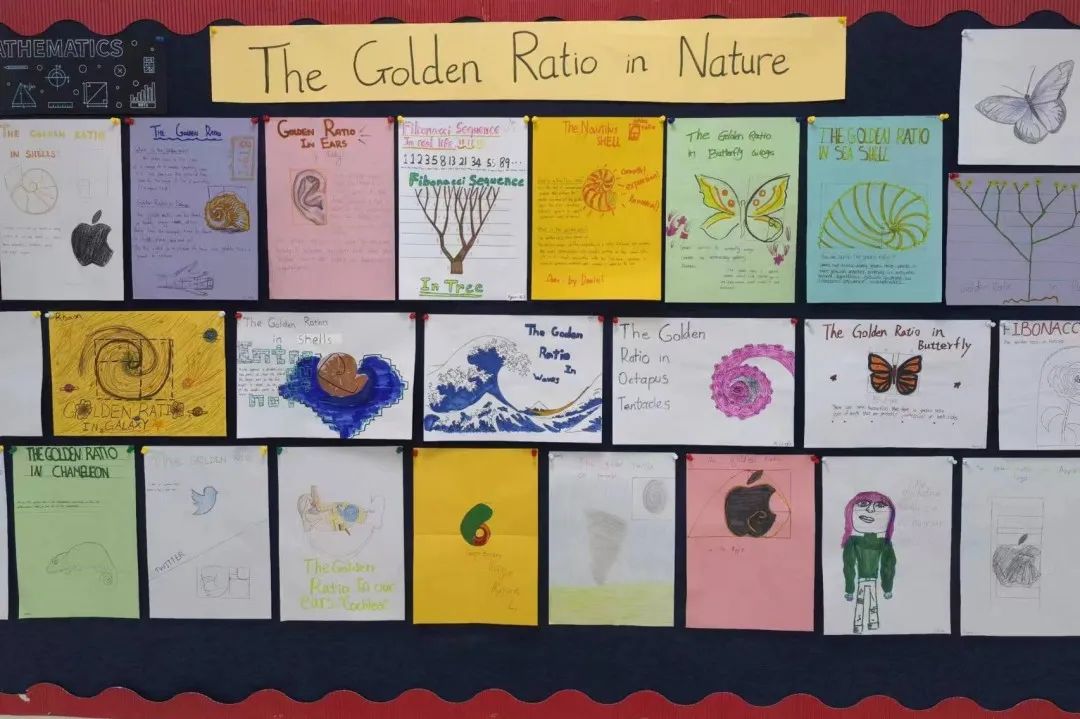
Grade 8
In Grade 8, students have delved into scientific notation, excelling in converting numbers into this format and confidently performing addition, subtraction, multiplication, and division operations. Their proficiency in handling complex numbers demonstrates their dedication to mastering scientific.
Grade 9
This week, in grade 9, students were exploring the properties of real numbers. We were looking at different ways of approximation and were discussing in what real life situations approximations and rounding of numbers are appropriate or inappropriate. We looked on how estimations can help us to evaluate our calculated answers. At the end of this week we started to explore the laws of exponents and how we can use them to simplify equations.
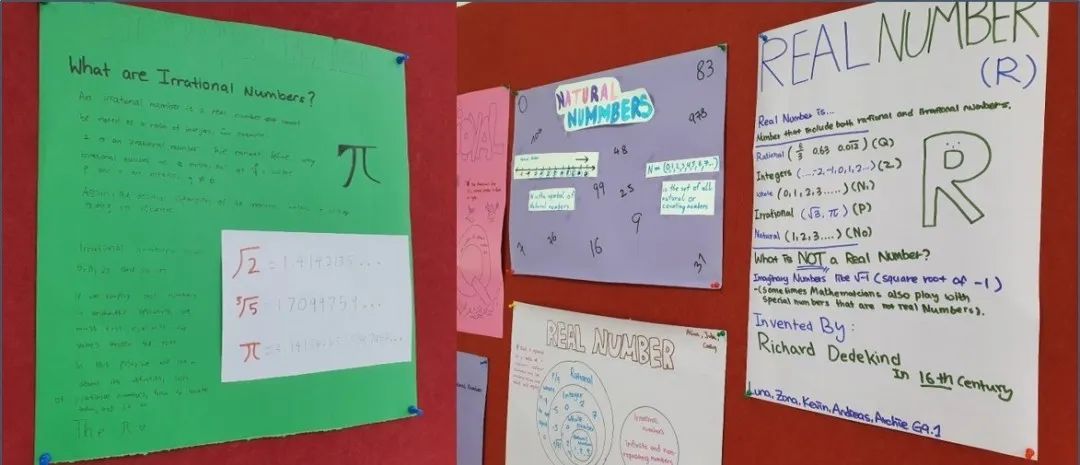
Grade 10
In Mathematics 10 class this week, the 10th-grade students are wrapping up their study of arithmetic sequences and series. They have explored the concept of arithmetic sequences, which are sets of numbers with a common difference between them, and have learned how to identify, generate, and work with these sequences.
Grade 11
For DP1 (Diploma Programme Year 1) students, this week marks the conclusion of their in-depth exploration of the binomial theorem and its practical applications in mathematics. Throughout their study, students have gained a solid understanding of the binomial theorem, which is a powerful algebraic tool used to expand binomial expressions raised to any positive integer exponent.
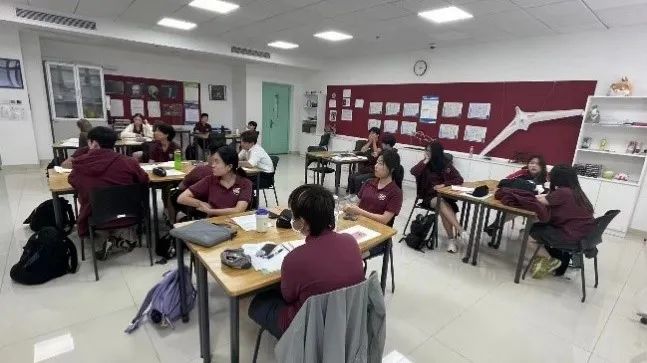
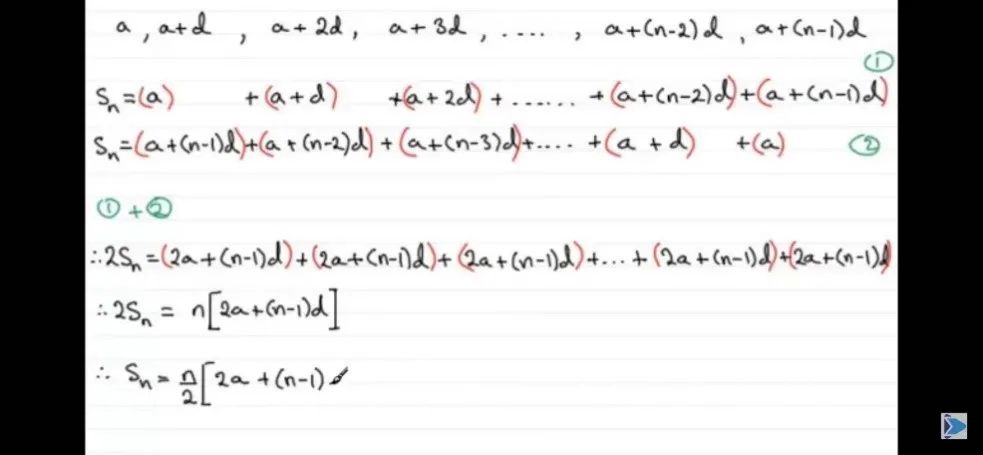
Garde 12
DP2 students have just concluded their Standard Level (SL) calculus course, covering key topics such as differentiation, integration, related rates, applications of calculus, exponential and logarithmic functions, trigonometry, limits, and continuity. This foundational knowledge equips them for advanced mathematical studies and real-world applications.

声明:本文内容为国际教育号作者发布,不代表国际教育网的观点和立场,本平台仅提供信息存储服务。
全国500所国际学校大全 / 3分钟匹配5-8所 / 1年名校升学备考托管服务


